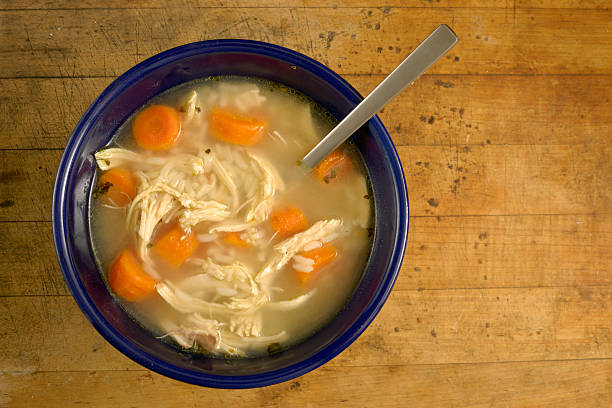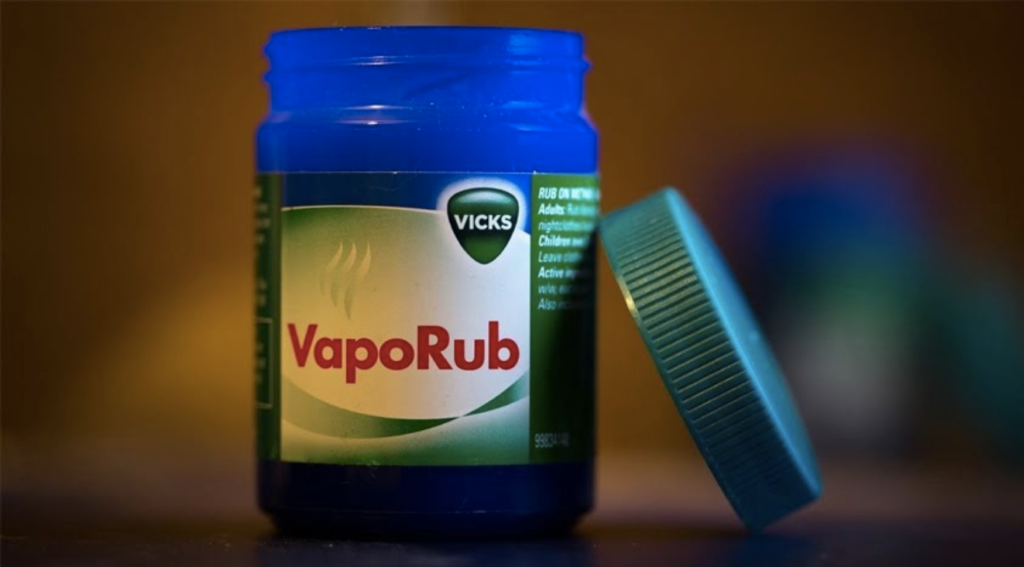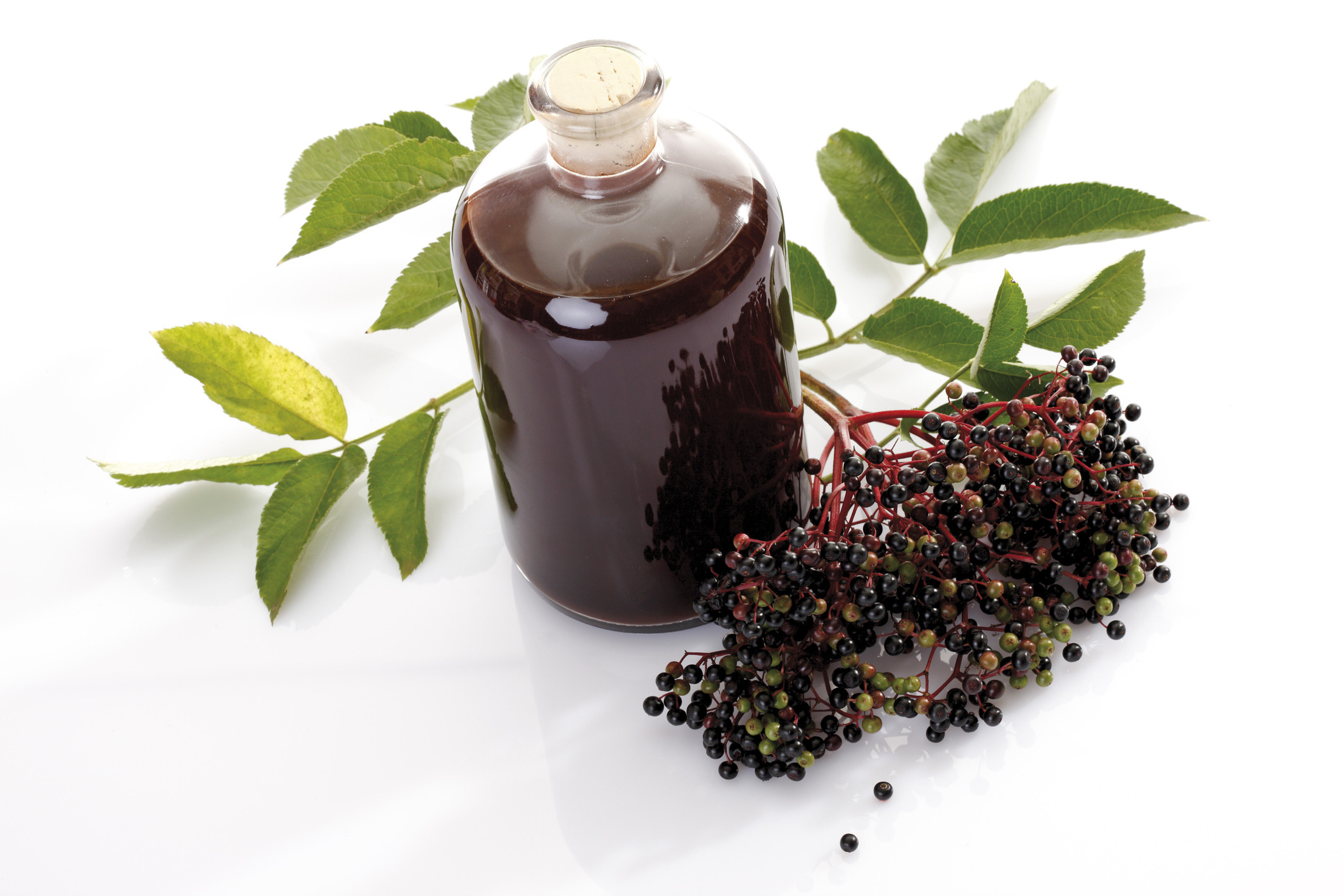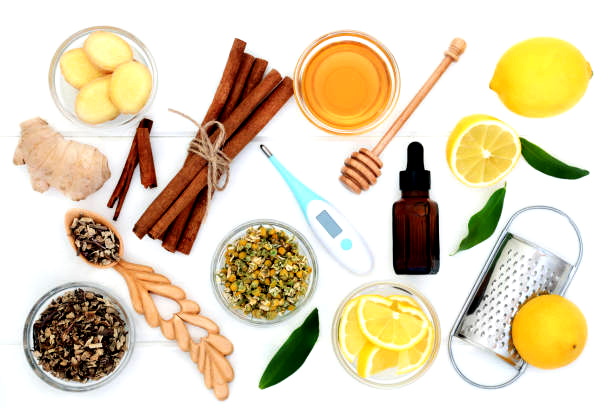By Candace Hall, BDO Staff Writer
Millions of Black Americans catch the flu every year, and many of us turn to the remedies of our elders to relieve symptoms. Colds can lead to bacterial infections, and the flu can cause serious, even fatal complications. Self-care methods may help you feel better if you have cold and flu symptoms. Here’s a look at some remedies:
Chicken Soup

Studies show that chicken soup inhibits the migration of immune cells called neutrophils and could work as an anti-inflammatory during a cold. Including chicken soup as a cold remedy makes scientific sense.
Honey

Many flu sufferers add honey to their home remedies, and some evidence shows that this might be useful for cold and flu symptoms.
In a recent study from the Archives of Pediatric & Adolescent Medicine, parents of 105 kids with upper respiratory infections rated honey higher than cough medicine for relieving overnight cough and sleep difficulties. If anything, honey can soothe sore throat irritation.
VapoRub

The menthol in this age-old remedy can affect nerve endings in your stuffy nose and make you feel less congested.
However, a recent study cast doubt on this treatment, finding that it may make you create more mucus that your body will have more trouble clearing away. If you do use VapoRub, don’t put it in or near your nostrils.
Hot Brandy

Search the terms “common cold” and “brandy” online, and you’ll find thousands of entries in which people have spoken highly of brandy as a tried-and-true cold remedy.
Although plenty of old-timers may have mixed themselves a hot toddy to help forget the discomfort of a cold, doctors are reluctant to recommend alcohol as a remedy. And the American Lung Association says you should avoid alcoholic beverages during a common cold, since they can lead to dehydration.
Garlic

When cold and flu symptoms begin, many people reach for garlic. They consume it crushed, steeped in hot water, or in capsule form.
Garlic could be helpful in preventing colds. In one study, 146 people took a garlic supplement or placebo for 12 weeks. The people in the garlic group had less than half the number of colds, though their recovery time was similar to those in the placebo group.
Green Tea

If you’d like to avoid cold and flu symptoms, perhaps a daily cup of green tea is in order.
In a recent study, the group that took green tea capsules twice daily for 12 weeks revealed 32 percent fewer participants with cold and flu symptoms and had 36 percent fewer days with symptoms than the group taking a placebo.
As a result, the University of Florida researchers called this remedy “safe and effective” for preventing cold and flu symptoms.
Echinacea

When adding cold remedies to your arsenal, echinacea may be useful for preventing cold and flu symptoms.
A recent study combining the results of 14 earlier studies found that echinacea reduced the odds of developing a cold by 58 percent and decreased the duration of a cold by nearly a day and a half. These findings support echinacea’s benefit in protecting you from colds, the authors wrote.
Zinc

Cold remedies containing zinc remain controversial, as some research found that they weren’t effective against the common cold.
A study in the Journal of Infectious Diseases, however, did find that people taking zinc acetate lozenges had a shorter duration of the cold than those taking a placebo.
Conversely, the FDA issued a warning to avoid using products containing zinc that are intended to be put in the nose, since the products were linked to a possibility of permanent loss of smell.
Airborne
If you believe the advertisements, the dietary supplement Airborne is one of the all-time great cold remedies.
But perhaps you shouldn’t be a believer. The makers of the Airborne products, a vitamin-herb concoction famously invented by a schoolteacher, settled a class-action lawsuit for $22 million and later settled Federal Trade Commission charges that they didn’t have sufficient evidence to back up their claims. Although plenty of users say it works, your money may be better spent elsewhere.
Elderberry

Another cold remedy is elderberry. There may be a reason to believe that elderberry extract could ease cold and flu symptoms.
In two studies, people with early flu symptoms who took an elderberry extract were more likely to have improvement or resolution of their symptoms within a few days compared to those who took a placebo.











